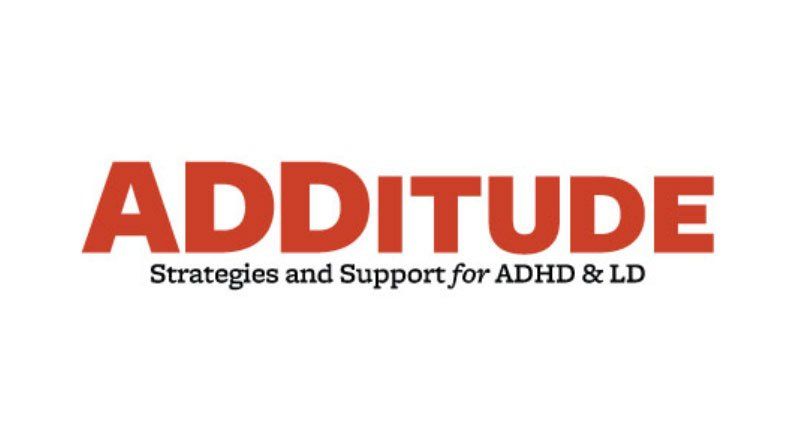Tantrums, hitting, and whining are some of the most common issues that parents share with me in my role as an early childhood psychologist. These challenging behaviors often force us to dig deep into an already-depleted well of patience, leading to an exasperating cycle of “let’s see if this works!” over and over again. What if I told you that there is a miraculous way to greatly reduce these behaviors and shift the tone in your home, for only 10 minutes a day? Enter Special Time! Special Time involves spending about 10 minutes per day purposefully playing with your child in a one-on-one setting. During these few minutes, your child has your undivided attention — no phone, no chores, no work, no siblings. You may be thinking, “But I spend all day with my kids…how much more could they possibly need?” The mindset shift to keep in mind is quality over quantity. While we may spend lots of time together through the hustle and bustle of the daily routine, our children often don’t receive the direct attention they crave. The goal is to fill each child’s “cup” with positive attention each day through Special Time, greatly reducing their need to misbehave in order to get more. Special Time should occur every day for about 10 minutes. During this time, your goal is to follow your child’s lead and allow them to be the star. Choose activities that allow for close interaction and joint play, especially those that don’t have many pre-determined rules. Great choices include blocks, trains, cars, dolls, coloring, and any other activities that allow for creativity and imagination. Your primary job during Special Time is to notice what your child is doing and act like a sportscaster by narrating what you see. For example, “You have the red car and the blue car on the track,” or “The animals are sleeping inside the barn.” If you are unsure what to say, just take a guess—your child will correct you if you are wrong, and that is exactly what we want. This is their opportunity to take the lead in an age-appropriate setting…play! This also means that there is zero criticism and no correcting during Special Time. This is child-directed play, not teaching. Your child is likely to love Special Time, which means that wrapping up can be a bit challenging. For a smoother transition once the 10 minutes are up, be sure to give multiple warnings so they know what to expect. When having Special Time with my own child, I prefer to set an alarm on my phone to let me know when to give the transitional warning. This way, I remain present during the play and avoid checking the clock. When your child asks for more Special Time, remind them that you are all done for today, but they will have another 10 minutes tomorrow. While it is best to avoid dropping everything and commencing the 10 minutes any time your child starts to unravel, Special Time can be especially helpful as a “re-set” on challenging days. It should ideally be a routine occurrence that your child can count on, and not taken away as a punishment for misbehavior. Even if you only have 5 minutes, need to do Special Time in the bathtub after soccer practice, or make it work by drawing in the carpool line…every bit matters! While Special Time is not a magic solution for challenging behaviors…it just might feel like one. So sit back, relax, and play!
October is not just the month of falling leaves and pumpkin spice lattes; it's also ADHD Awareness Month. Attention-deficit/hyperactivity disorder (ADHD) is a neurodevelopmental condition that affects millions of people worldwide.



